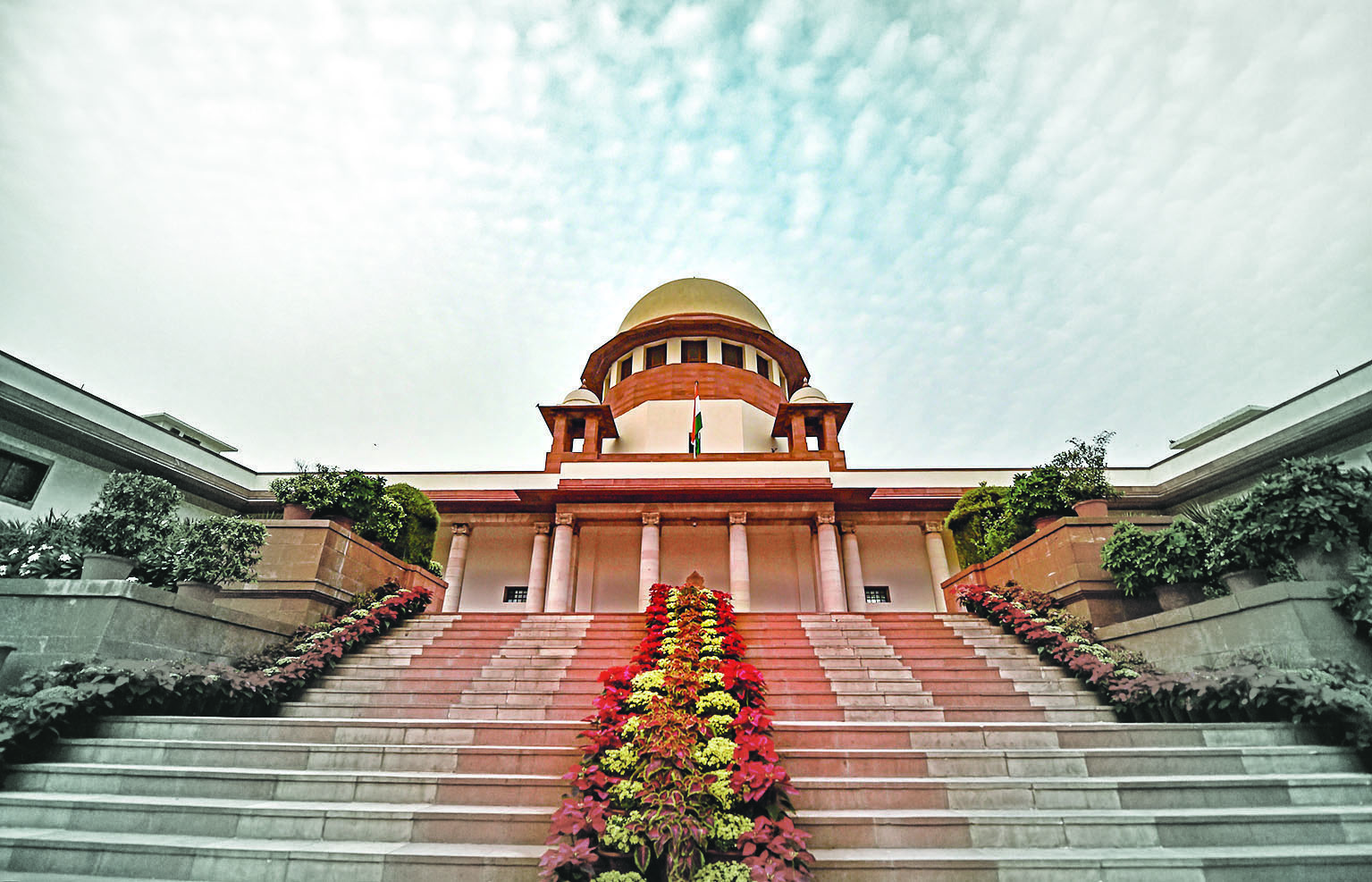Don’t play hook or crook with PMLA bail rules,’ SC warns Centre & ED

New Delhi: The Supreme Court on Wednesday sharply criticised the Central government and the Enforcement Directorate (ED) for making arguments that contradicted the Prevention of Money Laundering Act (PMLA) in their attempts to oppose bail petitions.
Justices Abhay S Oka and Ujjal Bhuyan expressed strong disapproval of the government’s stance, particularly regarding a December 2024 case where the ED argued that strict bail conditions should apply even to vulnerable groups explicitly protected by the law.
“This is a clear intention on the part of the government to see that under hook or crook, bail is denied and therefore such submissions are made,” Justice Oka stated during the hearing. The bench questioned why government counsel should appear in cases if they don’t understand basic legal provisions.
The controversy stemmed from the ED’s previous argument that rigorous bail conditions under Section 45 of the PMLA should apply to women, sick persons, and individuals under sixteen years of age—despite these groups being specifically exempted by the law’s provisions.
Solicitor General Tushar Mehta, appearing for the government, attempted to attribute the earlier misrepresentation to a “communication gap.” However, the court rejected this explanation, characterising the previous arguments as “utterly frivolous.”
“If Union of India is to make submission contrary to its own statute...there is no question of communication gap. We will not tolerate such conduct on the part of Union of India,” the bench declared.
When Mehta suggested that government lawyers sometimes act out of fear, remarking, “Sometimes we are shivering,” Justice Oka firmly responded, “We don’t believe in that.” The exchange prompted Senior Advocate Sidharth Luthra to lighten the moment by quipping, “Only because of the cold!”
The court expressed concern about whether government lawyers presumed judicial ignorance of the law. Justice Oka noted, “We accept that we don’t know entire law but sometimes we know few provisions of law.” The case concluded with the court granting bail to the accused woman, citing that “there is no possibility of trial concluding in near future.” The bench directed the Special PMLA Court to process her release.
In a significant closing observation, Justice Oka emphasised the need to send a clear message to the government about such approaches to legal arguments. Mehta assured the court that the case had no political implications, noting that the government generally doesn’t oppose bail for women defendants.



